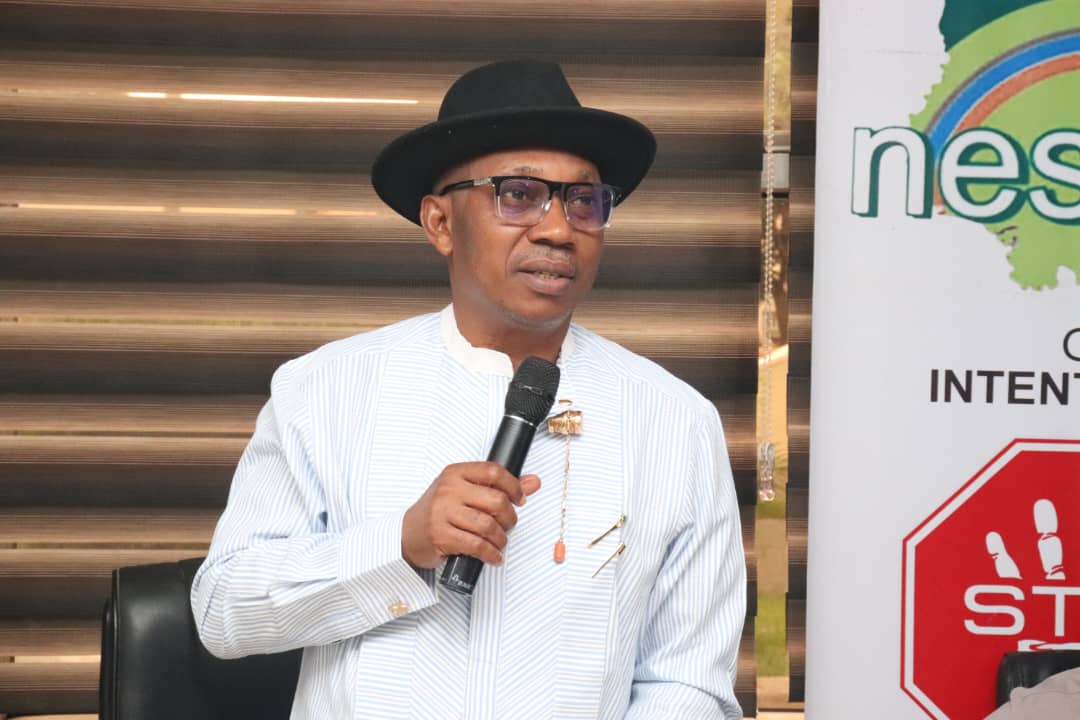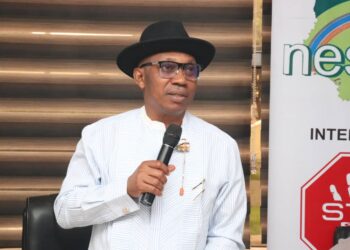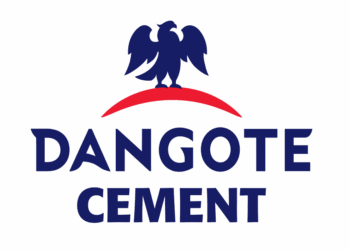The National Environmental Standards and Regulations Enforcement Agency (NESREA) says investments in the circular economy value chain have the potential to increase the country’s foreign exchange earnings.
This is contained in a statement by Nwamaka Ejiofor, Assistant Director (Press), NESREA, on Monday in Abuja.
Ejiofor said Prof. Innocent Barikor, Director-General, NESREA, stated this at a meeting with the management of a plastic packaging recycling (rPET) company, Sonnex, in Lagos.
Barikor assured the team that the Nigerian government prioritised the circular economy.
He said that the National Environmental (Plastic Waste Control) Regulations, developed by NESREA, is one of the efforts to strengthen the legal framework for circular economy implementation in Nigeria.
“Circular economy falls under the presidential priorities for the Federal Ministry of Environment, and the minister is very keen on the success.
Apart from tackling the problem of waste, green jobs have been created.
The pellets and flakes you produce and export also generate foreign exchange.
The Plastic Waste Control Regulations are awaiting official gazette, and once gazetted, we would have connected the dots of the framework to implement a circular economy in the plastic sector.
We are deeply committed to ensuring the success of the circular economy,” he said.
Anil Mohinani, Managing Director, Sonnex, explained to Barikor the process for the production of recycled PET bottles (rPET).
Mohinani also highlighted the challenges faced by investors in the sector.
He listed some of the setbacks to include lack of a legal instrument to compel manufacturers in the food and beverage sector to embrace food-grade rPET, unfriendly policies by some foreign companies, and insufficient awareness.
“Europe and America create barriers to protect their international recycling business. There is unfair competition.
In some countries, such as Kenya, there is encouragement to invest in rPET recycling because there is a regulation in place,” he said. (NAN)




